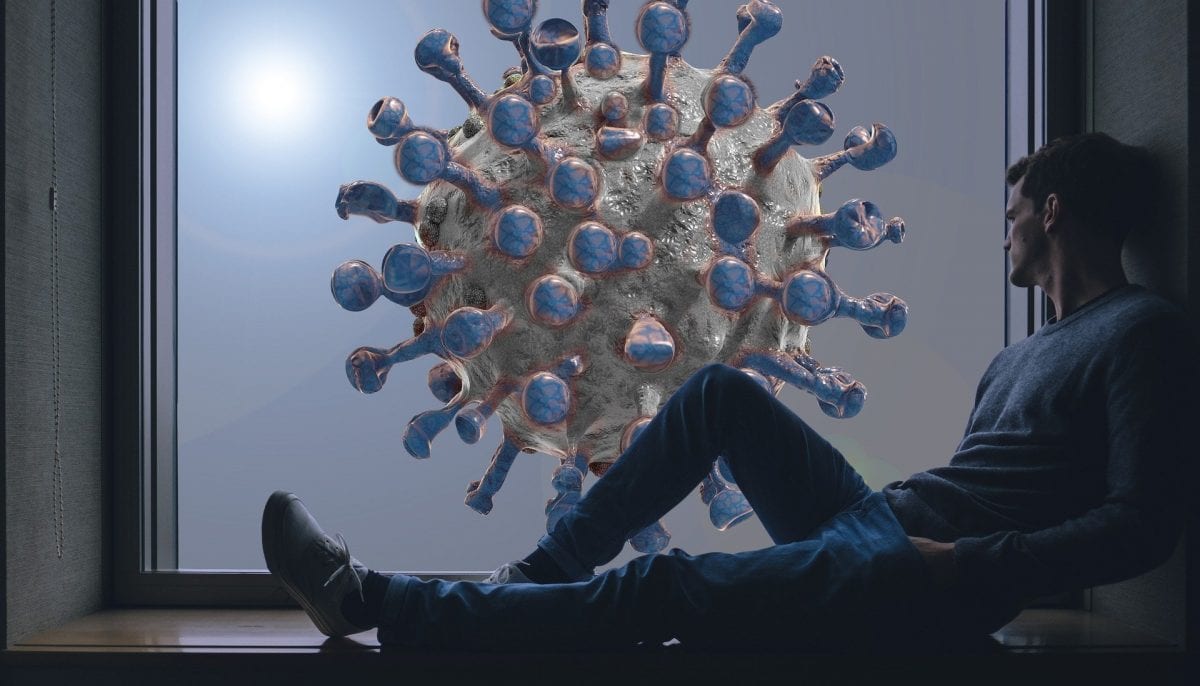The pandemic has strengthened the lethality of the most common habits in society. Alcoholism during the pandemic has risen, but there is a lot more to the story. Since the rise in drinking has a lot to do with coping, individuals and families are dealing with a familiar struggle.
The Pandemic Unveiled Hidden Truths
Drug and alcohol rehabilitation is sometimes avoided by people that consider themselves functional alcoholics. They drink more than normal, but still have the capacity to do normal everyday tasks. Their normalcy comes from the ability to keep busy with tasks – in a way, they are well oiled machines. With the pandemic, a lot of those tasks were taken away. This includes jobs, commuting, outside activities and social events.
Without a tall list of tasks to stay busy, many people discovered that they had a drinking problem. A void that was once filled by productivity became filled with thoughts, anxiety and a lot of extra drinking. Individuals that had a soft dependency on drinking to get through the day developed alcoholism during the pandemic
Unemployment
The monthly unemployment rate was at a staggering 14.8 percent on April 20th of last year. It has since declined to 6 percent, but the low number is a bit misleading. While companies struggled to keep employees, the value of legal and illegal substances skyrocketed. Alcohol was one of the top purchases, as individuals and families looked for escapism during quarantine.
Near the end of last year and the beginning of this year, quarantine restrictions have been lowered. Instead of a trickle of people returning to normalcy, it has been a stampede. Unfortunately, the job industry is still suffering from the previous year’s collapse. But the sale of alcohol still remains at an all time high, especially with recent holidays and summertime activities.
Individuals that were inside their homes drinking are now able to drink with their friends and families. It creates a snowball effect where time usually reserved for work is now used for non-productive activities.
Depression and Anxiety
News about COVID-19 gets pumped through the airwaves on a daily basis. This is a hard pill to swallow for a lot of people that suffer from anxiety or depression. Doomsday watching has become a thing, and drinking has been the answer. Support groups are available for alcoholism, but very few exist to help individuals that were pushed to alcoholism during the pandemic.
Tips
Listen to what the people around you say. If multiple people are commenting about your drinking habits, then there may be a problem. When that happens, don’t replace one substance with another. Nicotine is no different from alcohol if you have no control over the amount. Prioritize sobriety with the help of an addiction treatment center or program. When the world seems unfamiliar, it’s never too late to find help.
Alcoholism Isn’t Escapism
Dealing with an addiction to alcohol requires strong will and a lot of support. It’s a battle that you can’t run away from by looking the other way. As the pandemic continues, a sharp mind is one of the few ways to avoid alcoholism during the pandemicl.








